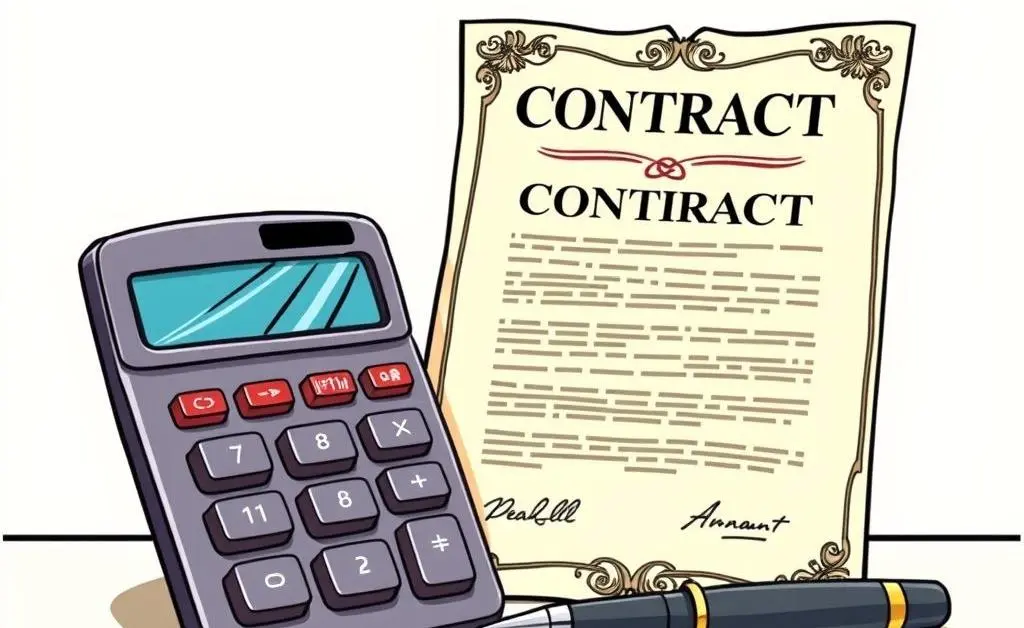Breaking Down Hard Money Lending: A Practical Guide
Discover the ins and outs of hard money lending in a simple, friendly guide.

Have you ever wondered what exactly is hard money lending? Maybe you've heard it whispered in investment circles or seen it pop up in a real estate seminar. Let's break it down together.
Hard money lending is essentially a short-term loan secured by real estate. But unlike traditional bank loans, these are typically offered by private investors or companies. The primary appeal? Speed and flexibility. They're commonly used by homeowners and real estate investors looking to quickly secure a property or fund renovations without the drawn-out process of traditional loans.
Why Choose Hard Money Lending?
Imagine you're a house flipper, and you've spotted the perfect property at a great price. Timing is critical, and getting traditional financing might take too long. Enter hard money, which can be quick and relatively straightforward.
Here's why many choose hard money loans:
- They can be processed quickly, often within days.
- Lenders are more interested in the property's value than your credit history.
- They offer more flexibility in terms of loan approval.
- Great for projects that need short-term financing (typically 6-12 months).

How Does It Work?
Let's break down the process: You find a property you want to purchase or renovate. You approach a hard money lender with the deal. If they see the value - potential or existing - in the asset, they can fund the project quickly.
The terms are usually simple: More risk often equates to higher interest rates, which may range between 10-15%. Also, expect to pay some fees, like origination fees or closing costs.

The Risk Factor
With great speed, comes some risk. Here’s what to keep in mind:
- High interest rates: You’re trading speed and flexibility for a steeper cost.
- Short terms: These loans need to be repaid quickly, often within a year.
- Property-as-collateral: If you can't repay the loan, the property goes to the lender.
As Investopedia puts it, always weigh your risks carefully and have a solid exit strategy.

Success Stories
Consider the example of a friend, we'll call her Jane. She spotted a dilapidated house in her neighborhood that few others would dare to tackle. With a vision and a plan, she secured a hard money loan, renovated the property, and sold it for a generous profit. A tale with a happy ending—thanks to her strategic use of hard money.
Is Hard Money Right for You?
If you're considering jumping into the world of hard money lending, it’s all about timing and circumstances. So, what do you think? Are you ready to explore the option of hard money lending? Or maybe dip your toes into property investing?




